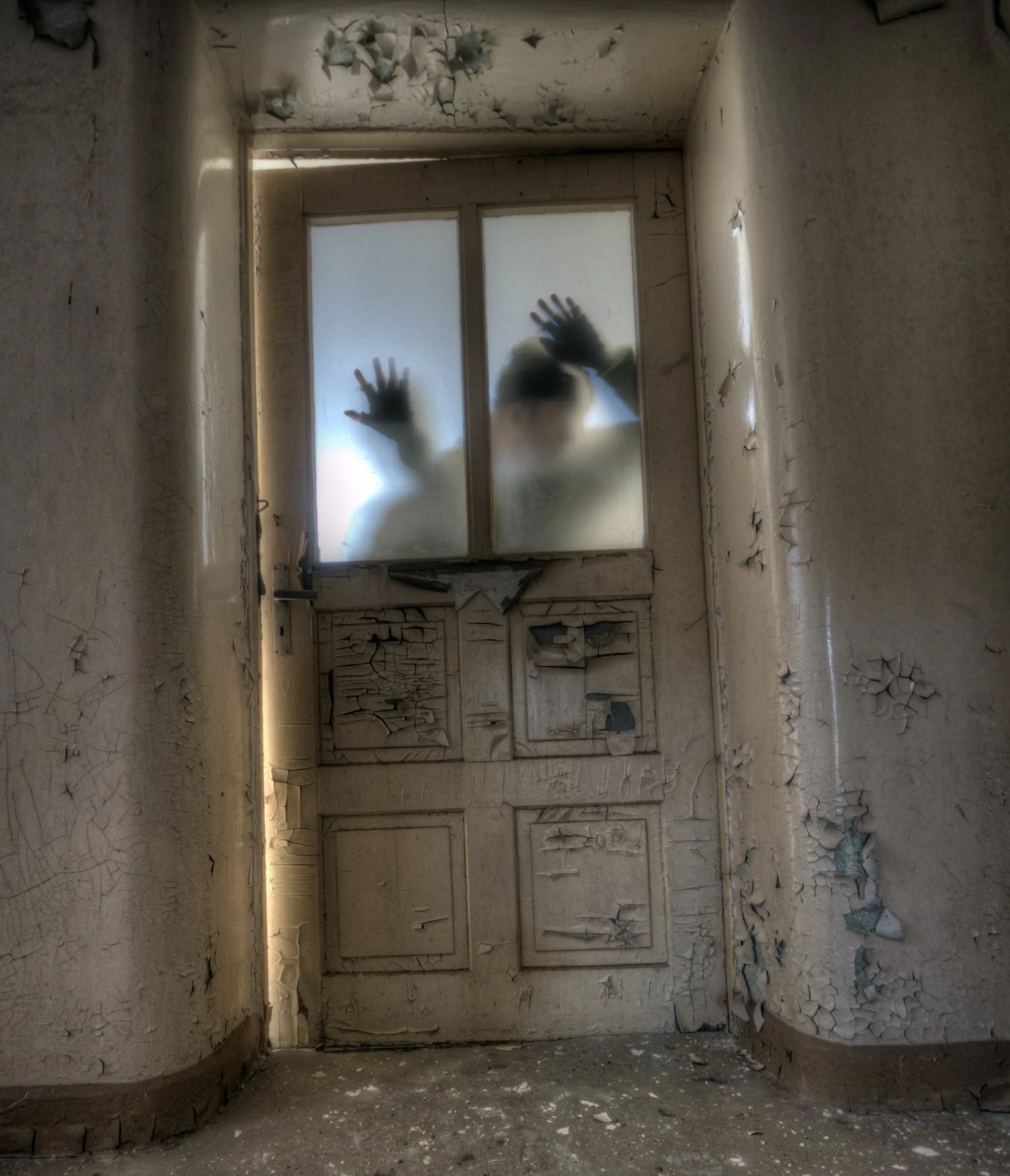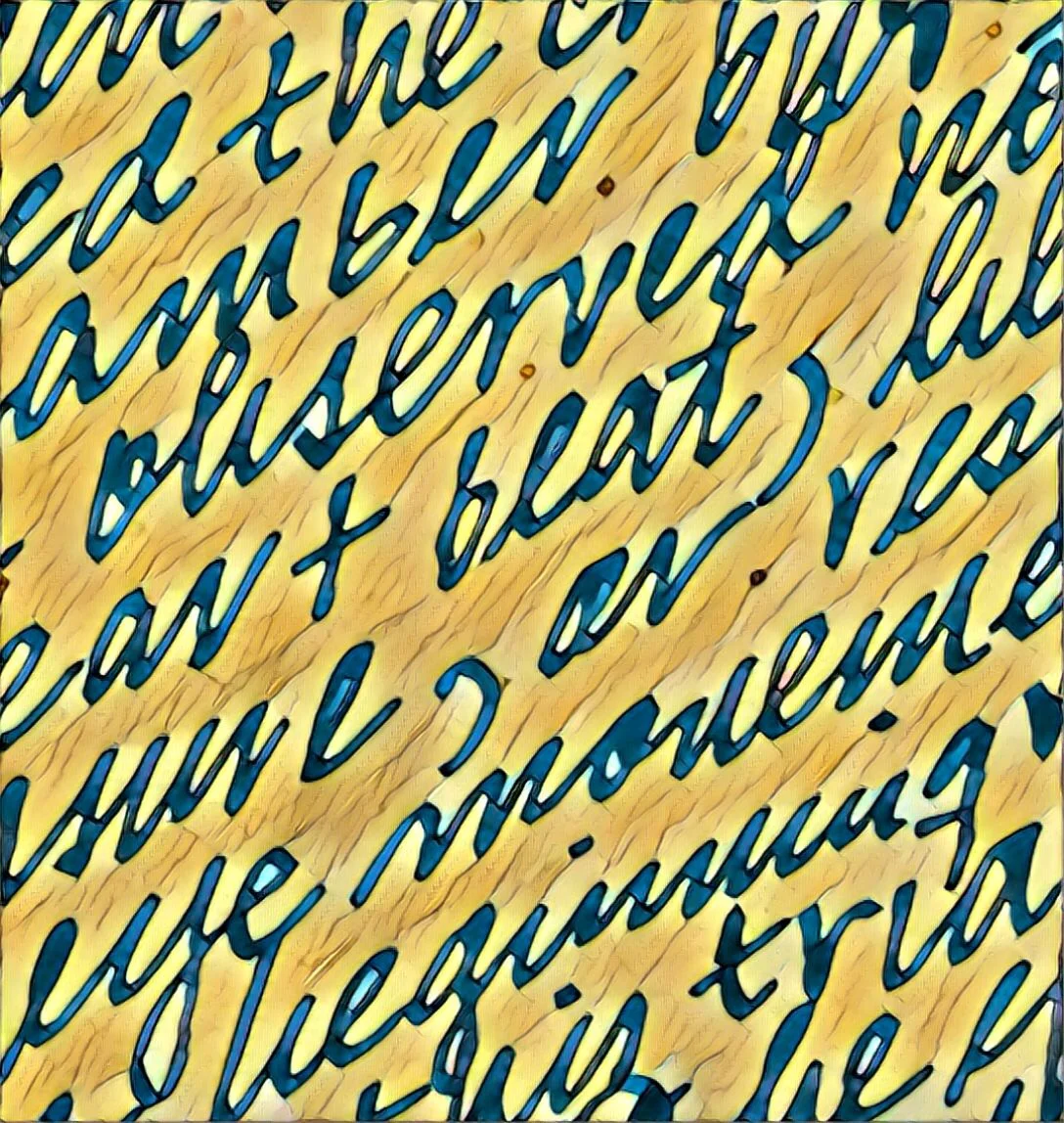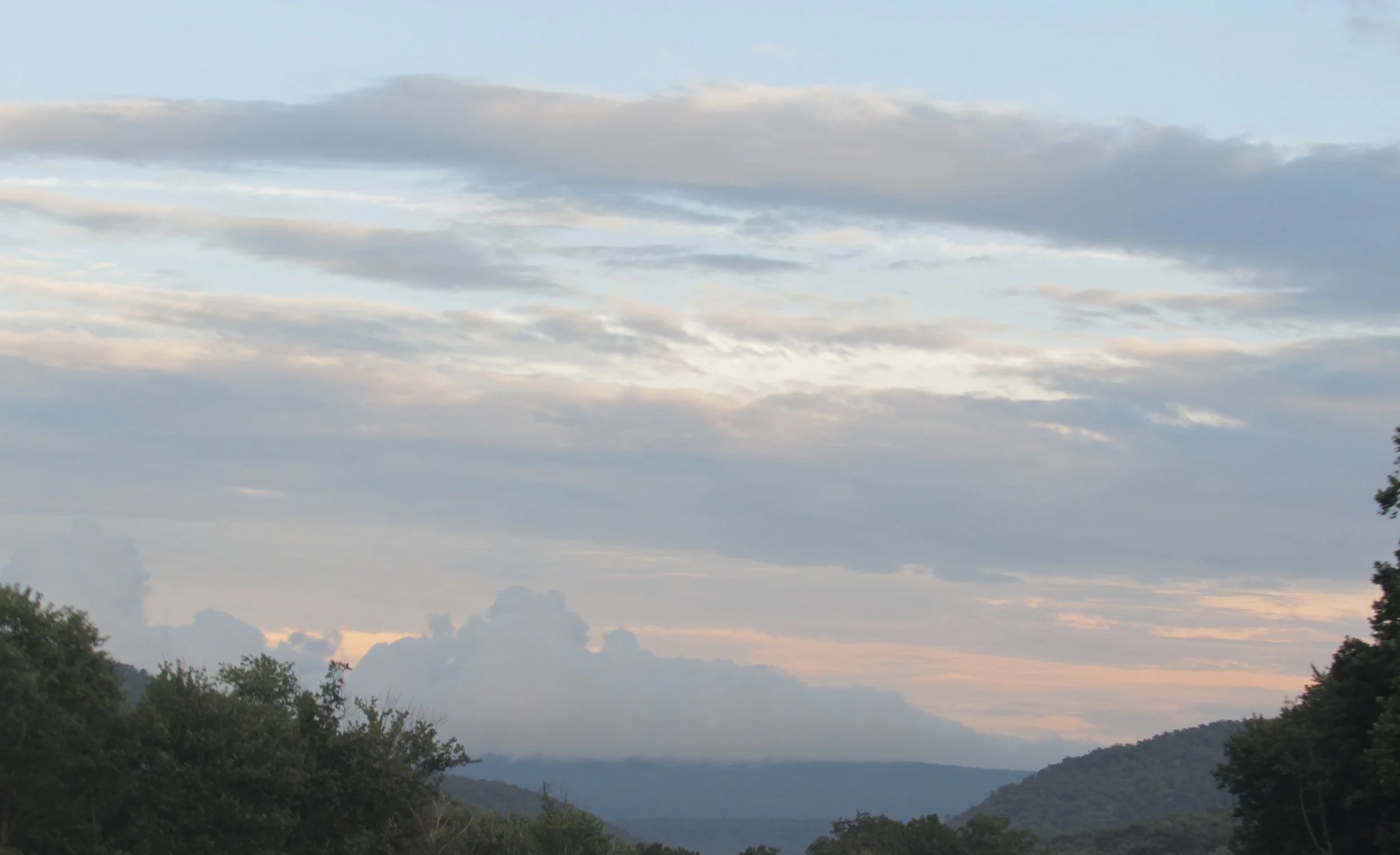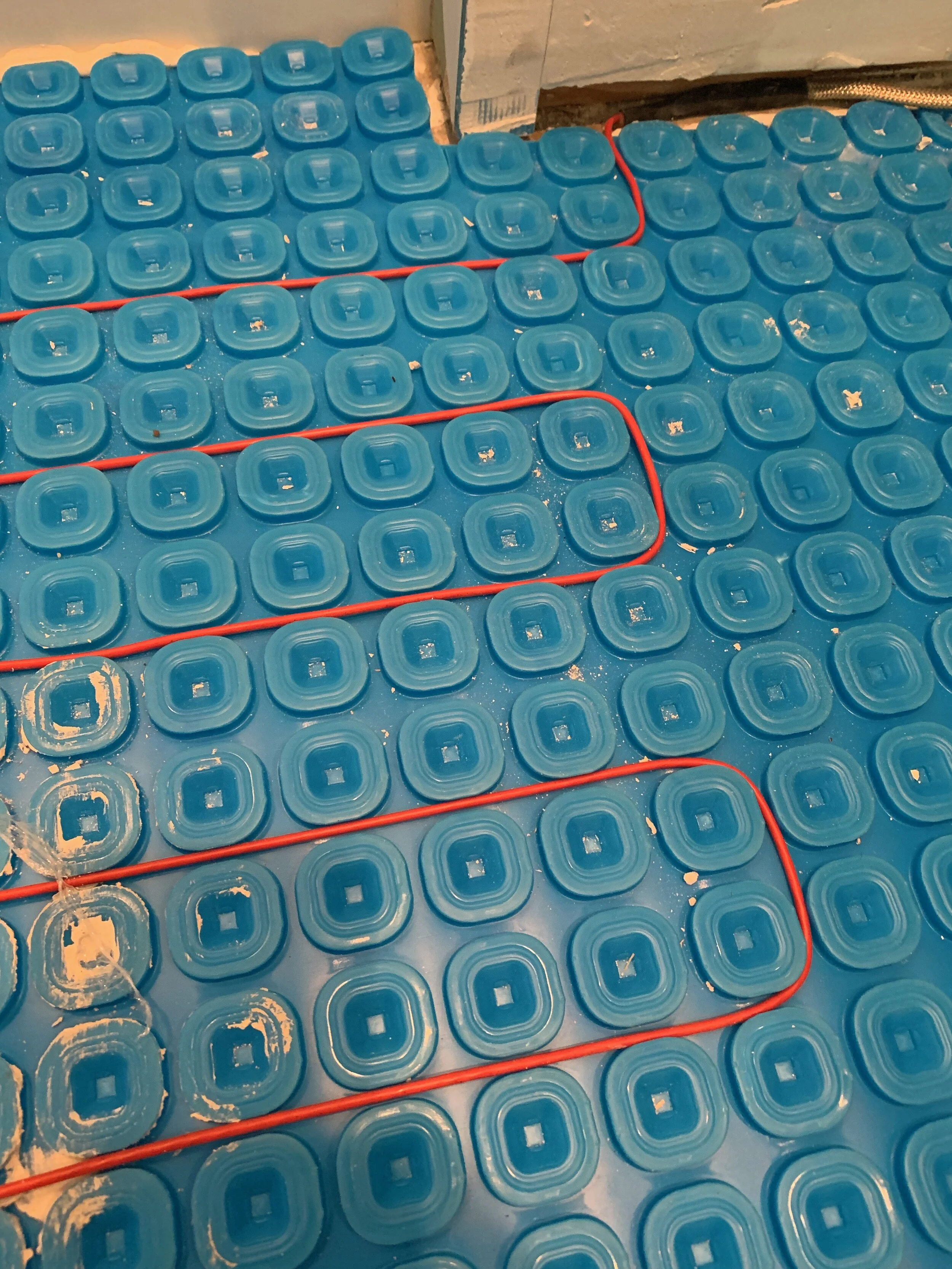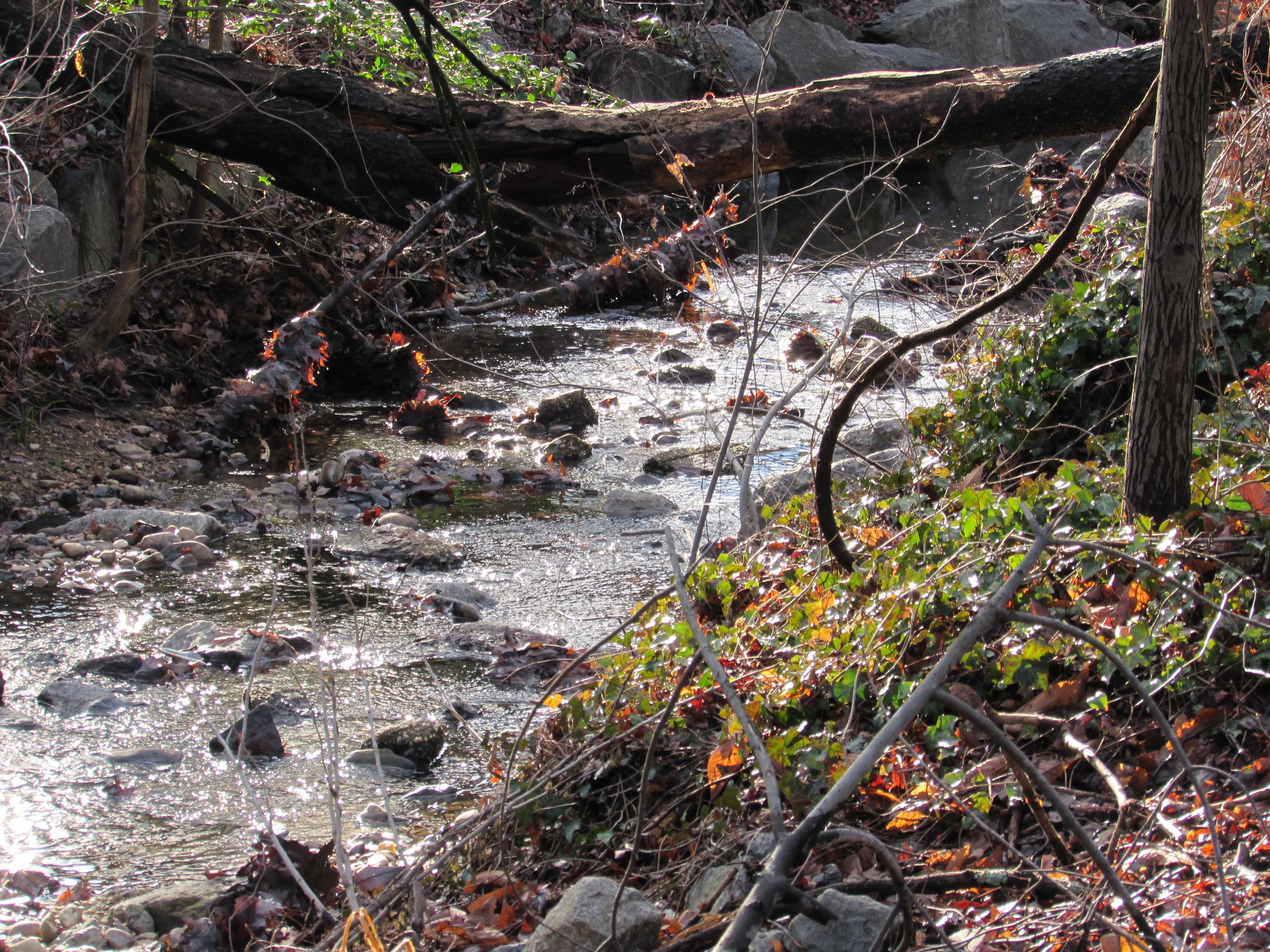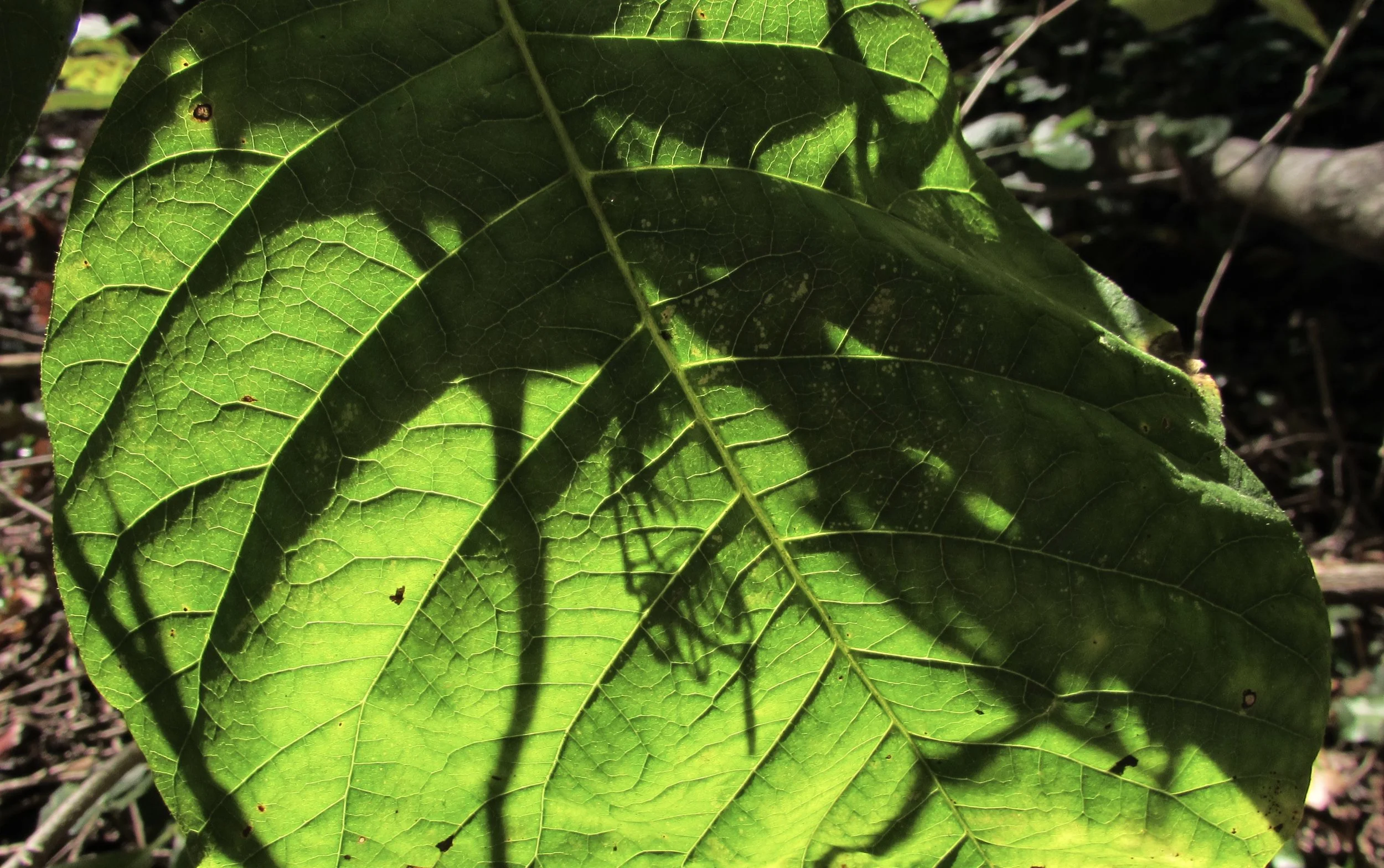Whose Job Is It To Retract "Zombie Papers?"
It appears that “fake news” and “misinformation” are a problem in the scientific world just as they are in the day to day worlds of news, journalism, and politics.
In ‘Zombie papers’ just won’t die. Retracted papers by notorious fraudster still cited years later, AAAS Science editor Jeffrey Brainard reports that slow progress is being made to reduce the frequency with which discredited scientific papers are still being cited in peer reviewed journals.
In one study of papers by a discredited scientist whose work had been retracted, one researcher found that, years after the discredited or fraudulent research findings were publicly retracted, many papers containing the discredited research were still being cited. This was true even in “review” publications whose reported research — based partly on the retracted papers’ findings — had significant health implications. Furthermore, many of the authors of these citing publications had no intention to publicly change or retract the citing publications that referenced the discredited “zombie” papers.
It is disquieting to realize that some medical and clinical recommendations with significant health implications might be formulated based on inaccurate or fraudulent findings. Correcting this situation would have to address the patchwork of systems, processes, and customs that surround scientific research and how results are published and used. Simply labelling as “retracted” or “potentially inaccurate” an article whose information is stored in a bibliographic or full text database might not be sufficient. There is no guarantee that such labelling information would be carried along as the article is copied and redistributed. Plus, there may still be useful information contained in the discredited article that is outside the scope of what is being retracted — and this may include still useful data included in data files that accompany the discredited article.
One way to control this situation is for the validity of articles cited by papers when submitted to a peer reviewed journal to be checked. In addition, periodic retrospective review will have to be conducted and the results publicized.
In the end, social pressure will probably be the most effective control. If you want the respect of your peers, you need to do two things:
Make sure you don’t cite retracted research.
If you discover that retracted research is cited in one of your older articles, make changes.
The last paragraph of Brainard’s article summarizes some changes along these lines that are already in the works. That is encouraging. But no matter how automated or data-system-based the process of checking becomes, ultimate responsibility for maintaining a reliable body of peer reviewed research will continue to lie with authors and editors, even if research funding agencies demand that citation checking be made one of the conditions for funding.
Text copyright (c) 2022 by Dennis D. McDonald
